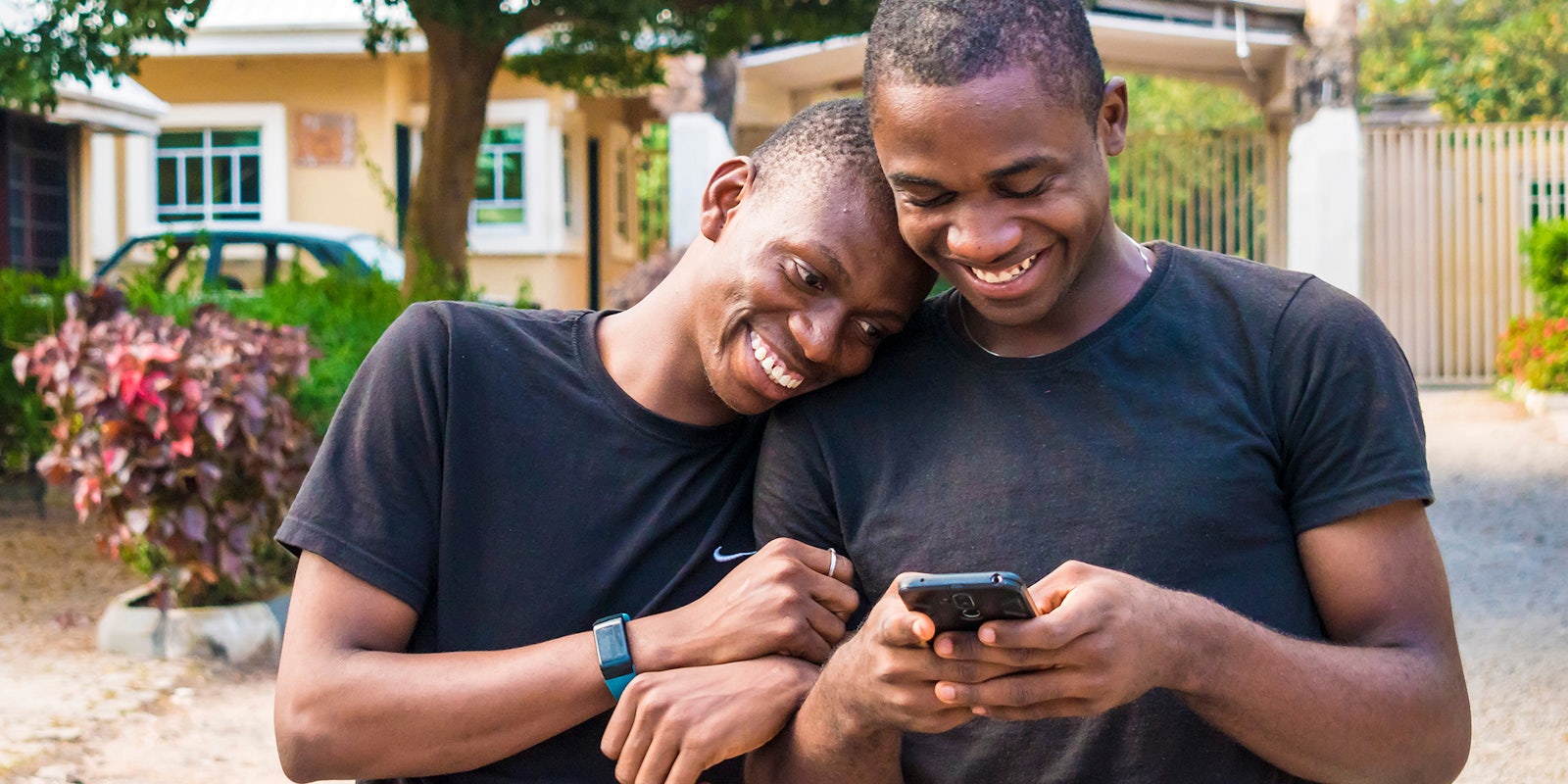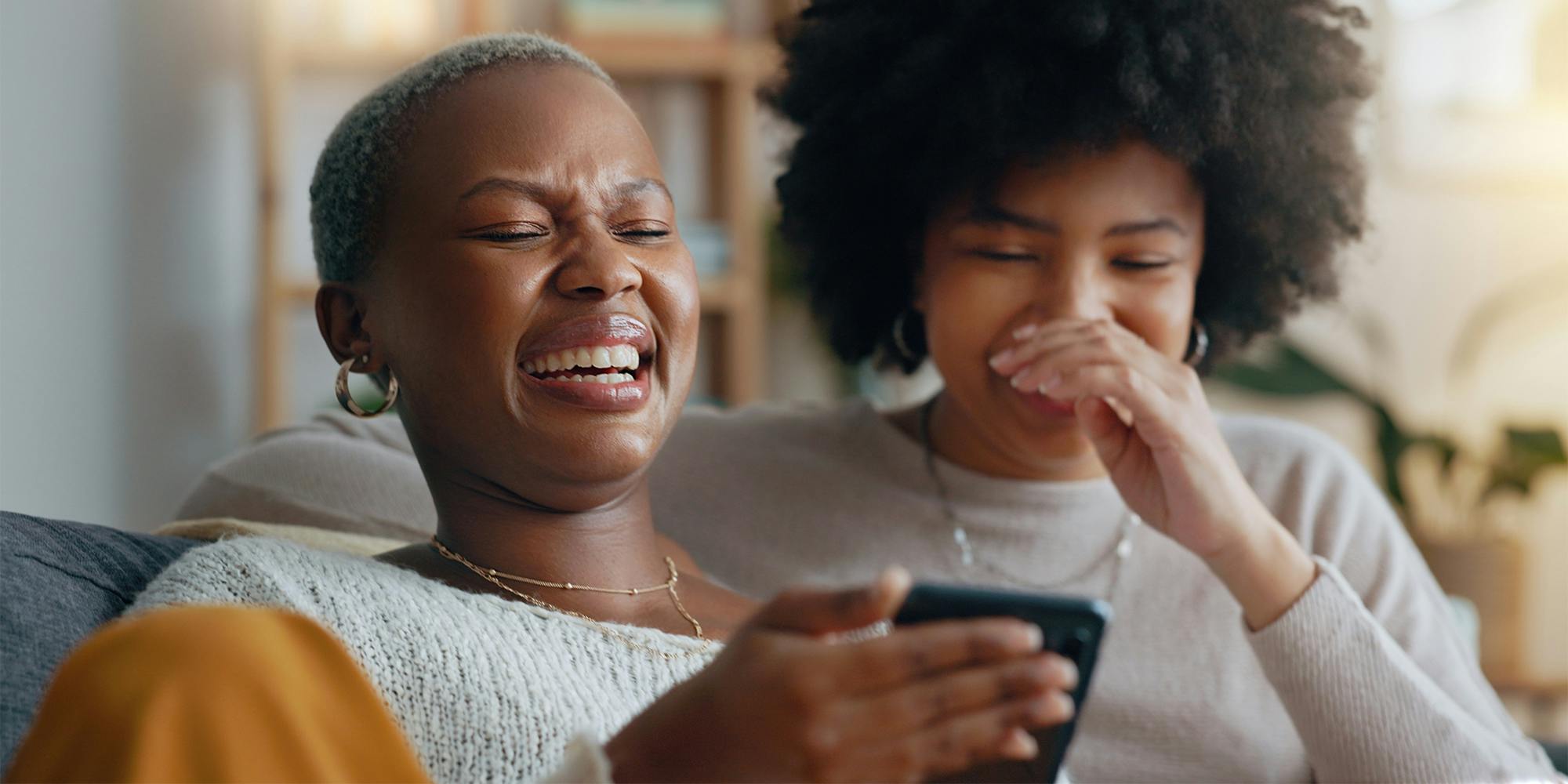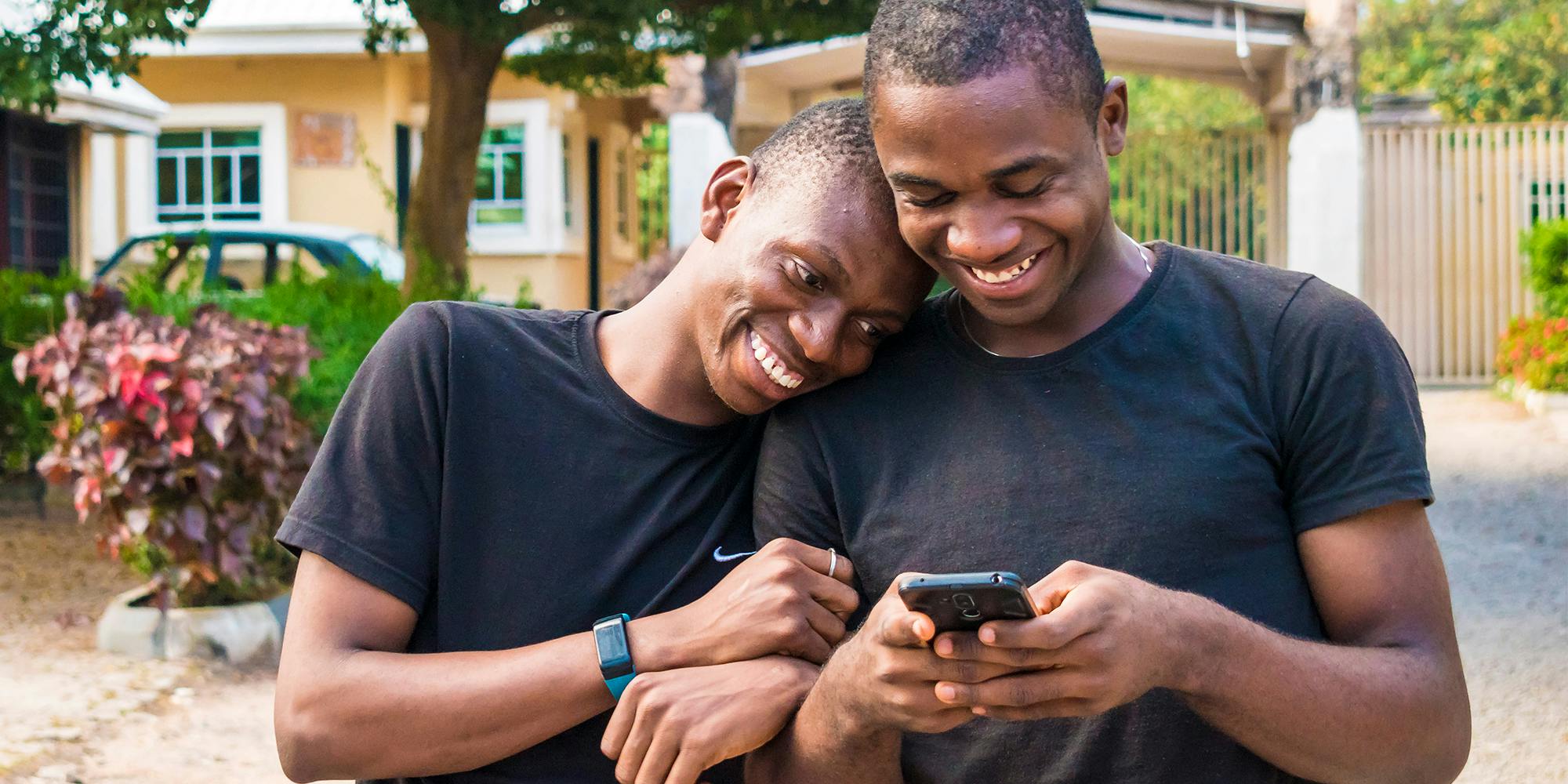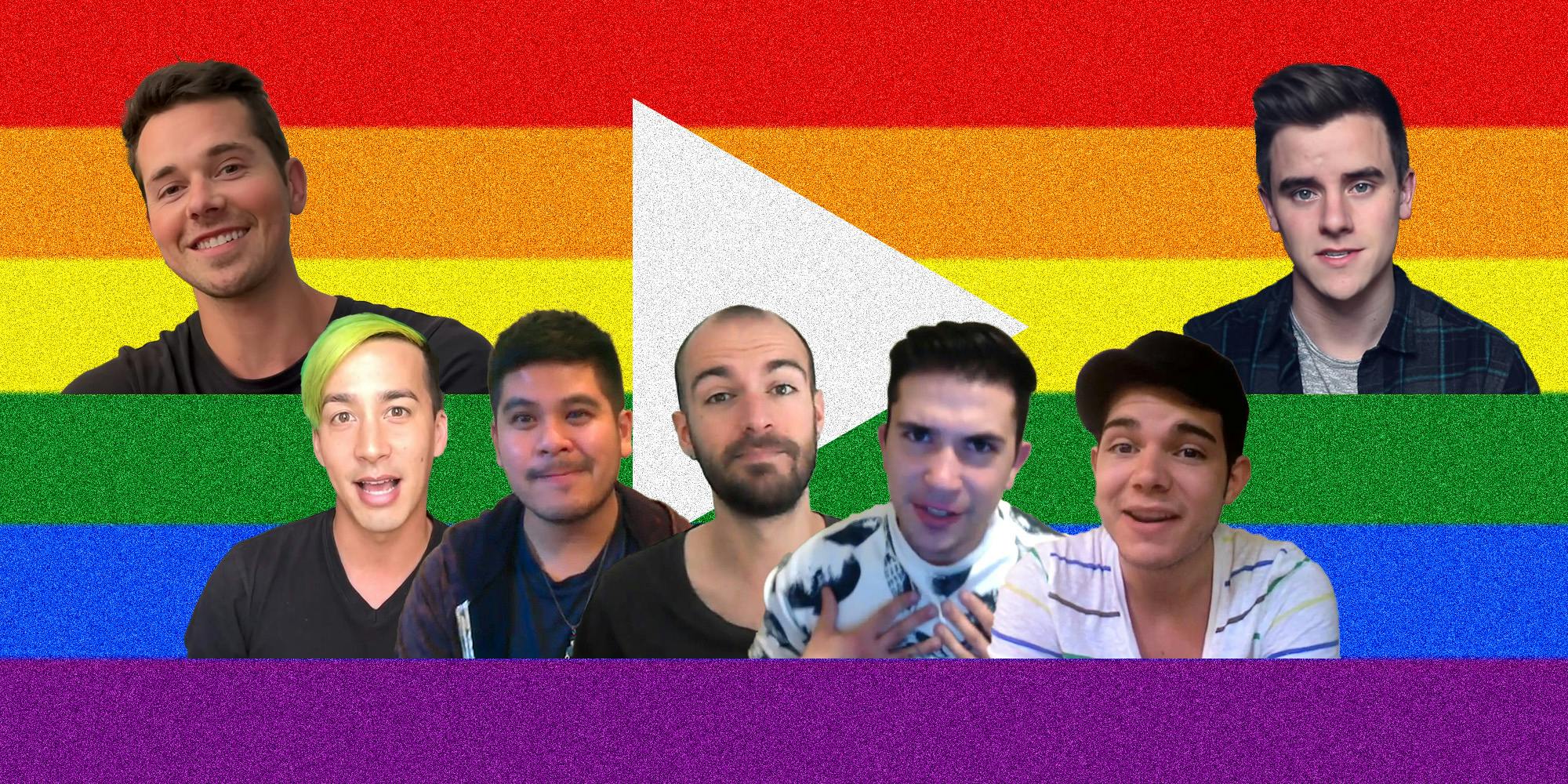As a gay Nigerian, there was no place for LGBTQ conversations in my ultra-conservative country. There was no one like me in the popular Nigerian culture, and I couldn’t consume liberal Western media as a guide.
Through my journey on the internet, I discovered Nairaland, a site created in 2005 by Seun Osewa catering mostly to Nigerians. It initially lacked an audience because internet access was until very recently only a major luxury—and is still largely reserved for middle-class, educated Nigerians.
As a young teenage boy fresh out of secondary school, I wanted to get into a higher institution, the University of Lagos, located in the most populated city in Africa and where I had grown up for most of my life. Admission required writing a pre-university examination organized by the federal government, followed by the actual university test. Through my online searches for information university, I was led to Nairaland.
I visited the site as a 16-year-old university applicant but ended up being inspired by LGBTQ trailblazers who have been pivotal in making me who I am today.
Most of Nairaland’s users discovered the site through Google. It’s Nigeria’s version of Reddit, a hub of crowdsourced answers and open discussion. Both sites host forums moderated by admins—and are breeding grounds for conservative ideology.
Reddit is abundant with QAnon conspiracy theories, and Nairaland’s users include members of political and tribal groups who spout extreme misogyny and homophobia. On the opposite side, there are users fighting against bigotry.
Osewa, the founder, has avoided explicitly supporting LGBTQ rights, but Nairaland still became a hub for closeted queer men finding their identity. It was the first site that offered Nigerians anonymity compared to the shackles of Facebook and Twitter, which even in their early days required more levels of identity verification.
Nairaland provided a refuge from the real world where being LGBTQ was—and can still be—very dangerous. In 2014, Nigeria implemented harsh punishments for the LGBTQ community, including 14 years in prison for anyone entering a same-sex marriage or civil union. (Meanwhile, in 2015, America legalized gay marriage.)
On Nairaland, there was a brotherhood among gay people, and looking back, I wished I easily assimilated with them. But as a teen, I initially dwelt in the religious section where I was an extreme Catholic, arguing about the faith. Other subforums ranged from sexuality to romance to family to the diary section, where queer people recounted their tales.
It was in the diary forums that I met a queer man, Masonkz, who was an inspiration and became part of my story. To this day, we still keep in touch on Instagram. He was gay, working class, and had documented his life online. Masonkz, known as Ugo, completed his undergraduate program, worked in Nigeria for some years, and left the country to seek greener—and more accepting—pastures.
Nairaland had been a cesspool of homophobia, and I learned about opposing points of view from Ugo’s detailed responses to homophobes who invoked culture or religion. We had a short conversation, and he told a story of how he discovered the site as a teenager himself. He had always had questions concerning his sexuality, especially reconciling it with religion.
Ugo thought it was right to stick up for his kind when he noticed that threads about gay people received so much negativity. Though he wasn’t an activist, he used the shield of anonymity to fight for LGBTQ rights online. He received negativity while in his fight but words from young and old queers who contacted him through Nairaland email emboldened him. In this story, there were also queers like me who observed from afar and admired him while grappling with internalized homophobia.
I finally discovered myself in 2016 when I denounced organized religion and became a deist. Today, I live in Lagos State, Nigeria. It’s the safest city for LGBTQ people in my country, but I still live every day with the risk that my identity could leave me subjected to violent homophobia.
I’ll never forget the bravery of Ugo and others like him on Nairaland. The site’s lack of censorship and hub of free expression helped me find my voice and my bravery—and it was there that I discovered my tribe.






